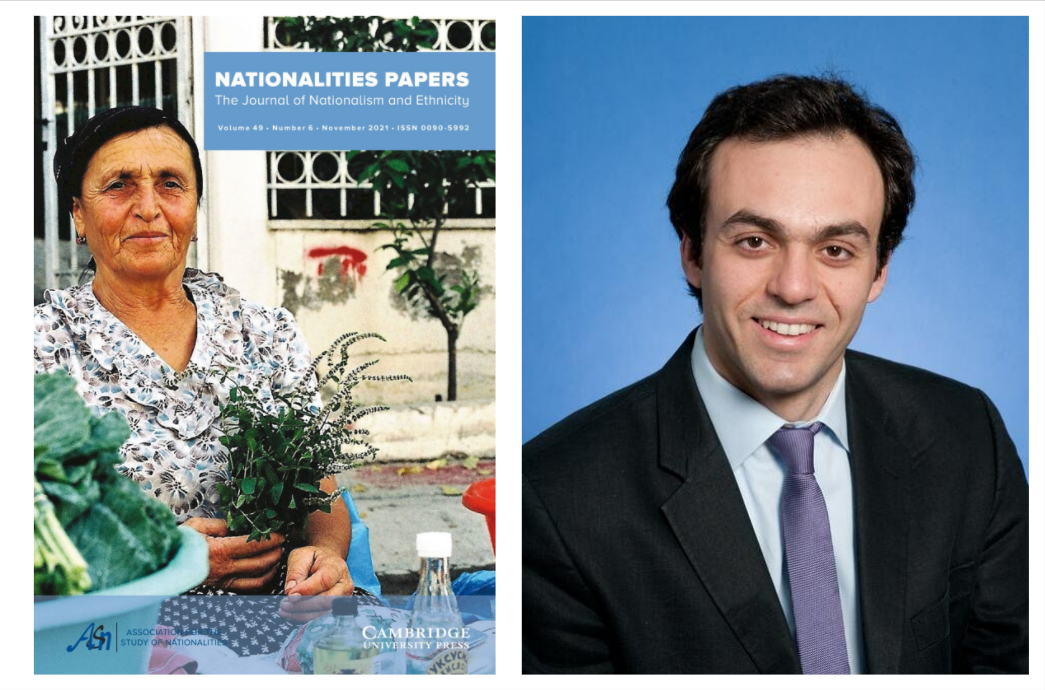In his latest article “Pandemic Nationalism” in the Nationalities Papers, Associate Professor of Political Science and International Affairs Harris Mylonas presents the growing relationship between the COVID-19 pandemic and nationalism.
By exploring how nationalism has played a critical role in overcoming collective action problems within state borders, such as through lockdown measures and social distancing, Mylonas highlights how nationalistic sentiment has hindered progress on the global stage. The introduction of "vaccine nationalism," which politicizes the distribution of vaccines to favored countries, has weakened the ability of supranational institutions to combat the pandemic and left the world vulnerable to the continued emergence of variants.
Mylonas also details how pandemic nationalism influences right-wing politics, explaining that such politics are "far from monolithic" and their discourse on the pandemic has varied considerably in nations such as the U.S., Brazil, India, Hungary, and Italy. The rise of pandemic discourse in right-wing circles has subsequently been met by a rise in nationalist-fueled conspiracy theories set on placing the blame on various countries. Through this, Mylonas posits that the uncertainty and fear created by the pandemic have “driven people to embrace familiar and historical paradigms, with nationalism foremost among them" as noted in the rise of sessessionist movements and fragmentation.
From this discourse, Mylonas brings to light the challenges imposed by the pandemic onto all political systems. He emphasizes that existing nationalist ideologies will dictate the post-pandemic political order in which "pandemic nationalism is far from over."


